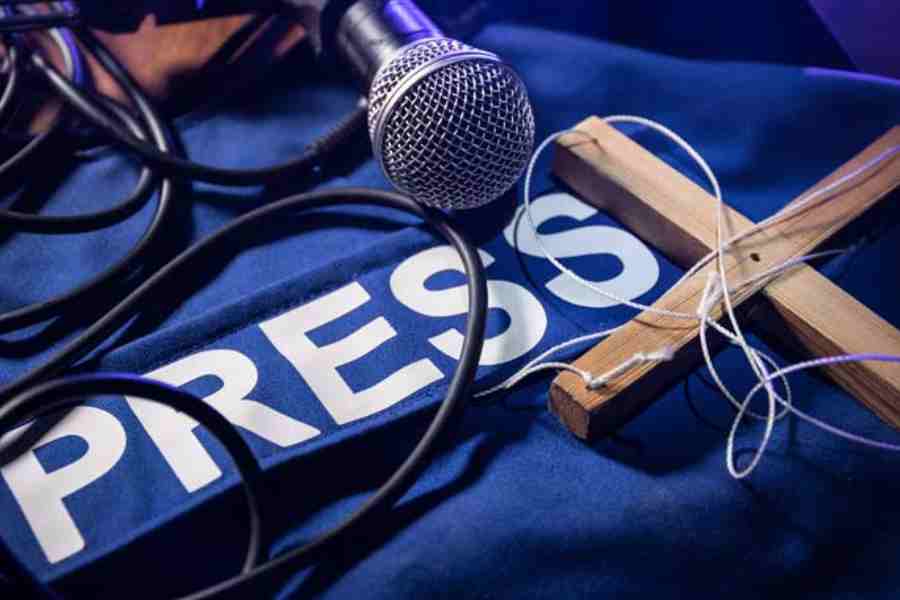Hawkish men in uniform are seldom known to be in favour of freedom of expression, be it of journalists or dissenters. So the warning of the director-general of police of Jammu and Kashmir, Rashmi Ranjan Swain, that writers “hiding behind freedom of speech and expression” whose writings lead to incitement would face the State’s music, so to speak, does not come as a surprise. Malicious, inflammatory content should, of course, be penalised. There are laws in place for this kind of mischief. Responsible media organisations seldom cross these legal red lines. The problem arises when the State tries to present — distort — writing that is critical of the powers that be as an instance of instigation. What must be noted is that Mr Swain’s remark comes in the wake of a division bench of the Jammu and Kashmir and Ladakh High Court offering bail to Fahad Shah, the editor of a now defunct news portal, who was accused of publishing an article — 11 years ago — that was deemed secessionist. Among other critical remarks, the court observed that there was no evidence to suggest that the article in question had played a role in inciting the population to undermine the authority of the State.
India’s precipitous decline in press freedom and other markers of democracy that has coincided with the political ascendancy of the Narendra Modi government has been augmented by a shrill argument that there is a need to prioritise securitisation against threats — more imagined than real — over rights and liberties, including those of the media. Journalists in Jammu and Kashmir have faced the brunt of this new rhetoric, especially after the revocation of the special status of the former state. The intimidation of Kashmir’s journalists — the new rule book — has taken a myriad forms: from incarceration and physical assaults of individuals to interventions in coverage of news. The intention, obviously, is to window dress the narrative coming out of a restive region. The conflation of independent voices with those of architects and collaborators of terror by the organs of the State is part of the strategy to demonise — delegitimise — all voices that demand accountability from it. The consequences, unsurprisingly, are deleterious — both for democracy and the media. The restoration of the rights and responsibilities of Kashmir’s embattled media is contingent upon the resurrection of the democratic setup in this silent valley.










